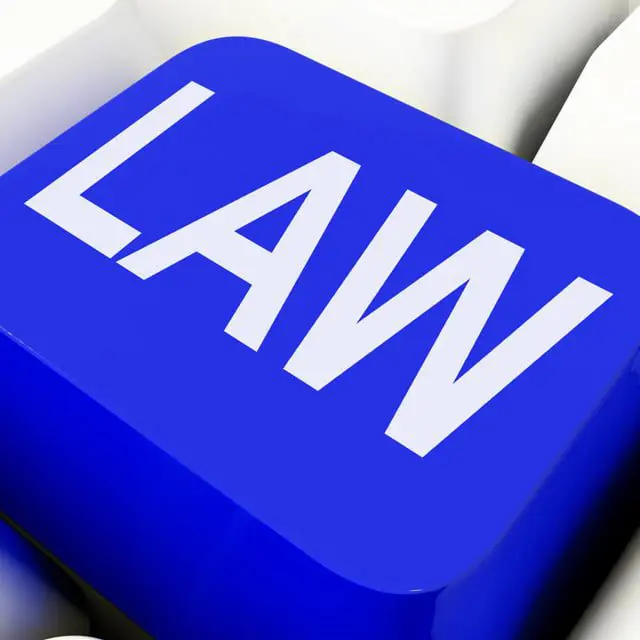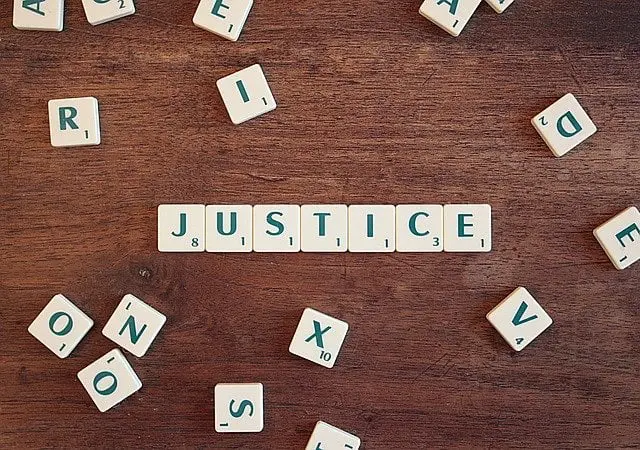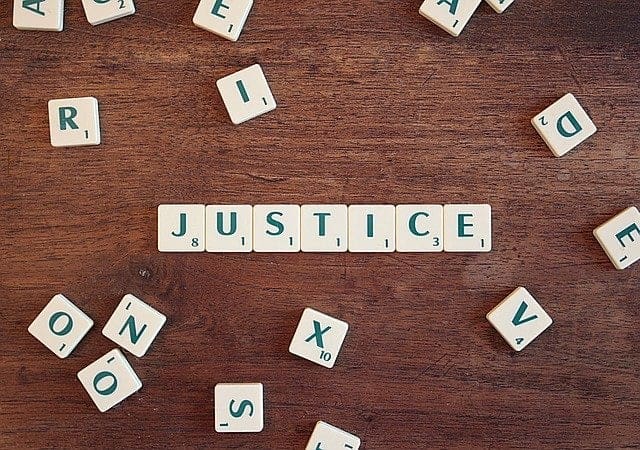When it comes to navigating the criminal justice system, understanding bail bonds is crucial. A bail bond is a form of surety bond provided by a bail bondsman to secure the release of a defendant awaiting trial on criminal charges. This guide aims to demystify the bail bond process, offering insights into how it works, its benefits, and what to expect when engaging a bail bond service.
The Bail Bond System Explained
At its essence, the bail bond system is designed to ensure the appearance of a criminal defendant in court. When someone is arrested, the court often sets a bail amount that can be paid for release. However, if the defendant cannot afford the bail, a bail bondsman steps in. The bondsman provides a bail bond, which is a type of surety bond, to the court on behalf of the defendant.
The Role of Bail Bondsmen
A bail bondsman, or bail bond agent, is a professional who provides bail bonds for defendants unable to make bail. They charge a non-refundable fee, typically 10% of the bail amount, and in return, promise the court that the defendant will appear for all scheduled court appearances. Failure of the defendant to appear may lead the bondsman to seek reimbursement from the defendant or their co-signers.
Types of Bail Bonds
There are several types of bail bonds, each suited to specific circumstances:
- Surety Bonds: The most common type of bail bond, where a third party takes responsibility for the debt or obligation of the defendant.
- Cash Bonds: Requires the full bail amount in cash. This is often refunded if the defendant complies with the terms of the bail.
- Property Bonds: Involves using property as collateral to secure the defendant’s appearance in court.
Advantages of Using Bail Bonds
The primary advantage of using a bail bond is that it allows the defendant to be released from jail while awaiting trial, without needing to pay the full bail amount. This release can provide the defendant time to prepare for their court case and continue their daily lives.
Understanding the Bail Bond Process
The bail bond process typically starts when a defendant, or someone on their behalf, contacts a bail bondsman. The bondsman then evaluates the risk involved in providing the bail bond. This evaluation may include assessing the defendant’s criminal record, the nature of the charge, ties to the community, and employment status. Once the assessment is complete, the bondsman agrees to post bail in exchange for a premium and possibly collateral.
Collateral in Bail Bonds
Collateral is often required in bail bond agreements as a security measure. It could include assets like real estate, vehicles, jewelry, or other valuables. If the defendant fails to appear in court, the bail bondsman can liquidate the collateral to recover the bail amount. It’s important to understand the terms of collateral to avoid any unforeseen losses.
The Legal Obligations of Bail Bonds
When a bail bondsman issues a bail bond, they enter into a legal agreement with the court. This agreement states that the defendant will appear for all court proceedings. If the defendant fails to appear, the bondsman is legally obliged to locate and return the defendant to court. This scenario may involve hiring a bounty hunter in jurisdictions where it’s legal.
Bail Bond Fees and Charges
The cost of a bail bond is typically set as a percentage of the total bail amount – usually around 10%. This fee is non-refundable, even if the charges against the defendant are later dropped. In some cases, additional fees may be charged for administrative costs or other services.
The Importance of Choosing the Right Bail Bondsman
Selecting the right bail bondsman is crucial. It’s important to choose a licensed, experienced professional with a good reputation. Researching and comparing different bondsmen can provide assurance of receiving ethical and efficient services.
Bail Bond Regulations and Laws
Bail bond regulations vary by state. Some states have strict guidelines on bail bond fees, while others may have restrictions on the use of bounty hunters. It’s important to be aware of these laws to ensure that all procedures followed are legal and fair.
Conclusion
Bail bonds play a vital role in the criminal justice system, offering defendants the opportunity for freedom while awaiting trial. Understanding the nuances of bail bonds, from the process to legal obligations, is essential for anyone navigating this aspect of the law. By choosing a reputable bail bondsman and understanding your rights and responsibilities, you can navigate this process more effectively.
Disclosure: Generative AI Created Article
















